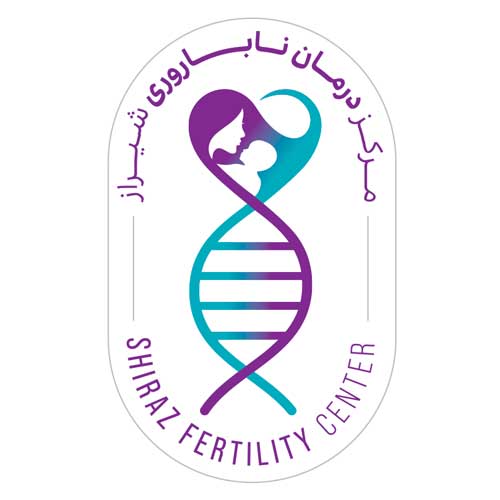
Sex-linked genetic diseases (X-linked)

Non-invasive prenatal testing (NIPT)

Investigation of the causes of recurrent miscarriage
Most recurrent miscarriages are due to chromosomal abnormalities in the embryo or fetus. Numerous studies that have cultured and karyotyped a large number of miscarriage products have shown that approximately 50% of all first-trimester miscarriages, 30% of second-trimester miscarriages, and 3% of stillbirths are chromosomally abnormal.”
Genetic causes of recurrent miscarriage
- Chromosomal abnormalities in parents
- Advanced maternal age and gamete aneuploidy

In general, 50-75% of spontaneous abortions are due to numerical chromosomal abnormalities in the embryo or fetus and occur randomly. In approximately 50% of couples experiencing recurrent miscarriages, karyotypes reveal a balanced chromosomal translocation. This significantly increases the risk of miscarriage due to the high prevalence of aneuploidy in the gametes of affected parents.
The increase in reproductive age in women, accompanied by a higher risk of miscarriage, indicates a growing prevalence of aneuploidy in eggs. Ovarian reserve testing can reveal evidence of premature reproductive aging in women experiencing unexplained recurrent miscarriages.
Karyotyping of miscarriage products can explain the cause of the miscarriage (aneuploidy), provide evidence for a chromosomal translocation in the parents (when an unbalanced translocation is observed), or (if normal) suggest a non-genetic cause.
A normal karyotype does not completely rule out genetic causes of miscarriage, and a normal female karyotype (46,XX) can result from contamination of the maternal cell with cultured tissue samples. For couples with recurrent miscarriages, when one parent carries a balanced translocation, IVF with preimplantation genetic testing and transfer of selected euploid embryos is an established treatment.
For screening aneuploidy due to advanced maternal age or in couples with unexplained recurrent miscarriages, IVF with preimplantation genetic testing can increase implantation rates and reduce the risk of miscarriage.
Anatomical causes of recurrent miscarriage
- Congenital uterine anomalies
- Uterine fibroids
- Intrauterine adhesions (Asherman's syndrome)
Immunological causes of recurrent miscarriage
- Autoimmune disorders
- Alloimmune disorders
- Inherited thrombophilias
Endocrine factors
- Hypothyroidism
- Diabetes mellitus
- Polycystic ovary syndrome
- Luteal phase deficiency
Infectious causes of recurrent miscarriage
Tests for women with recurrent miscarriage
- Serological tests
- Cervical culture
- Endometrial biopsy
Routine screening for genital tract infections is not justified. Evaluation should be limited to women with clinical cervicitis, chronic or recurrent bacterial vaginosis, or other signs of pelvic infection.
Environmental factors affecting recurrent miscarriage
Smoking increases the risk of miscarriage and should be discouraged. Consumption of more than two glasses of alcohol per day and more than 300 milligrams of caffeine per day may increase the risk of miscarriage and should be avoided. The increased risk of miscarriage is another reason to seriously address obesity.

